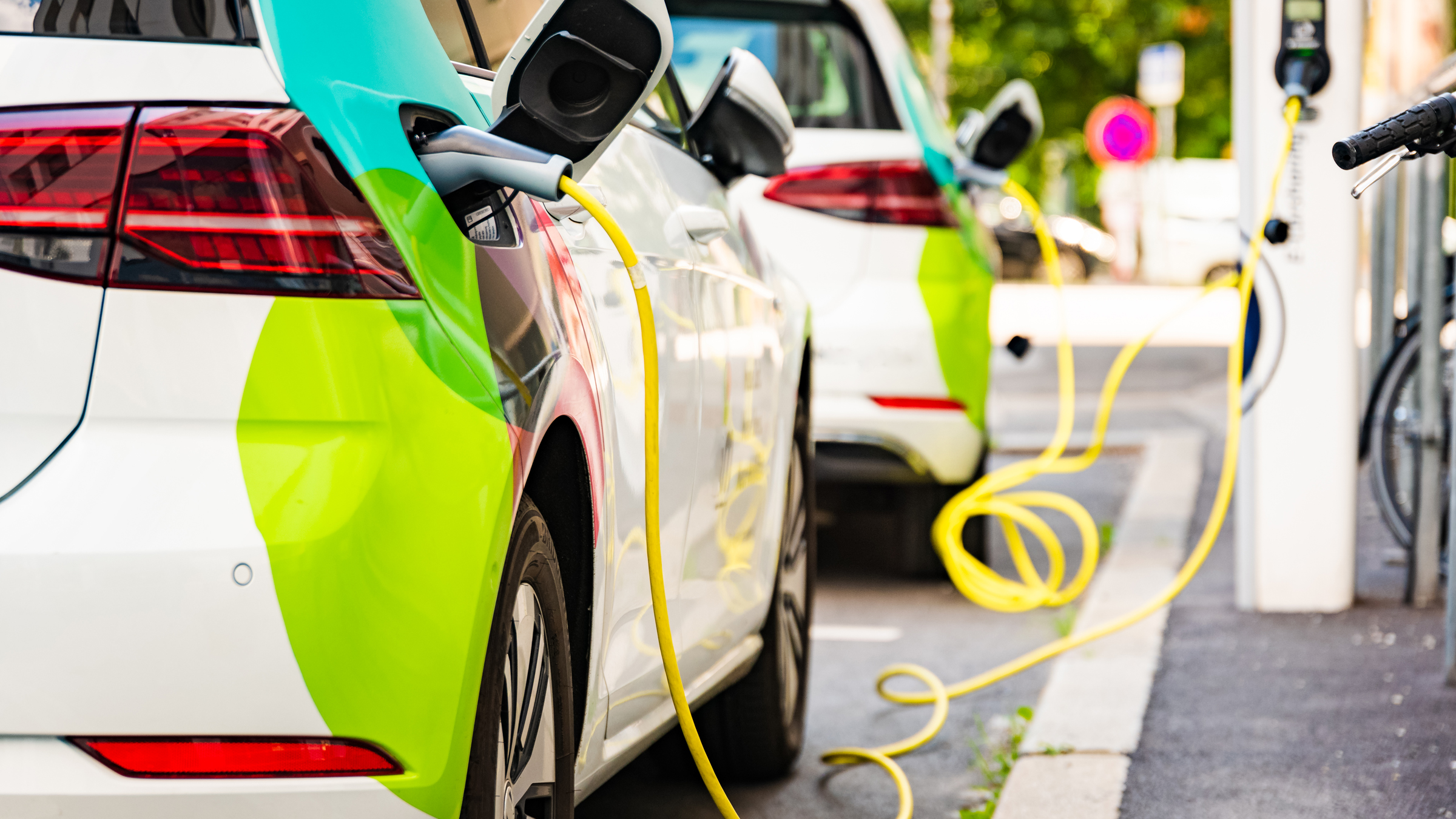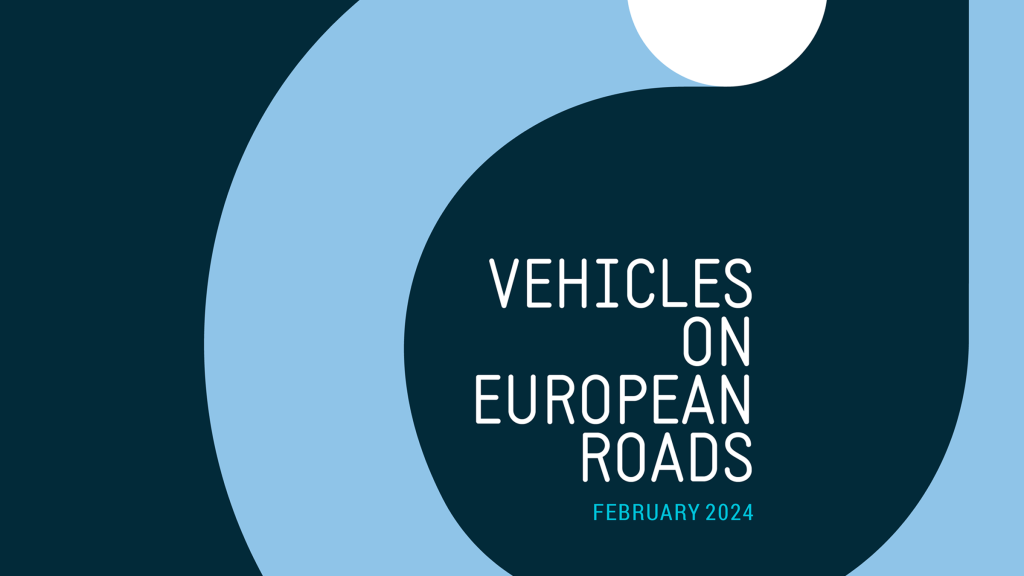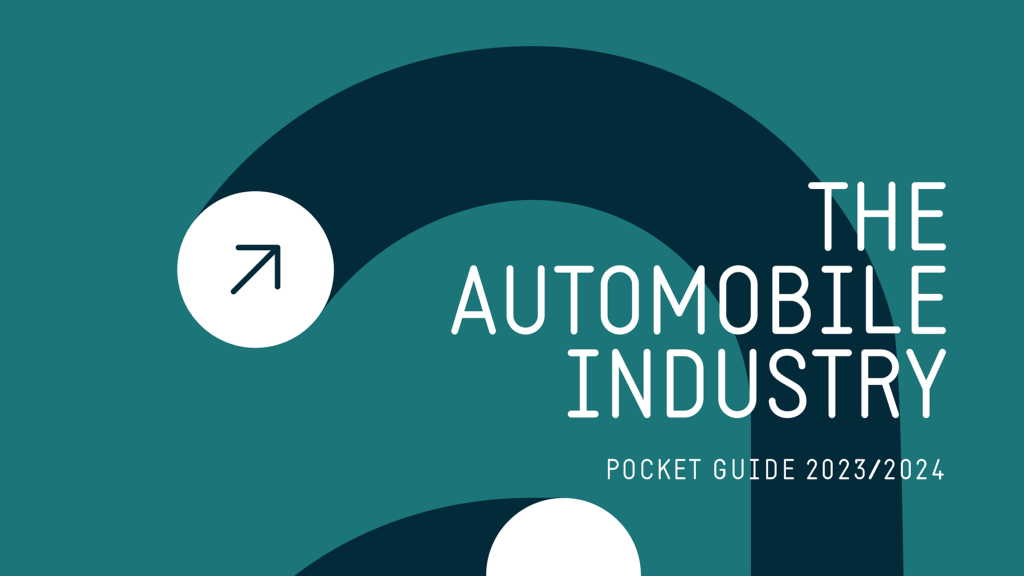ACEA recommendations on social leasing of electric vehicles

Social leasing schemes can play a pivotal role in supporting the transition to zero-emissions by expanding access to electric vehicles. In a new paper, the European Automobile Manufacturers’ Association (ACEA) proposes seven recommendations for EU member states developing social leasing schemes.
By lowering the cost of entry to EV usage, social leasing helps accelerate the transition to zero-emission transport by increasing uptake of this key technology, while promoting social inclusion and equity. In particular, they improve access to EVs for vulnerable individuals and small businesses that face financial barriers
To ensure the effectiveness and long-term viability of these schemes, ACEA has developed a set of targeted recommendations for national and EU policymakers. These include prioritising support for vulnerable users, households and microenterprises, ensuring affordability through tailored monthly support instead of price caps, and integrating second-hand EVs into leasing frameworks.
Crucially, social leasing should be supported by sustainable funding mechanisms both within and beyond the EU’s Social Climate Fund. Easy and equitable access, minimal administrative burden, and alignment with broader EV deployment strategies are key to their success.
Social leasing schemes can play a pivotal role in supporting the transition to zero-emissions by expanding access to electric vehicles. In a new paper, ACEA proposes seven recommendations for EU member states developing social leasing schemes.
Downloads
Copyright notice
Reproduction of the content of this document is not permitted without the prior written consent of ACEA. Whenever reproduction is permitted, ACEA shall be referred to as source of the information. Quoting or referring to this document is permitted provided ACEA is referred to as the source of the information.


